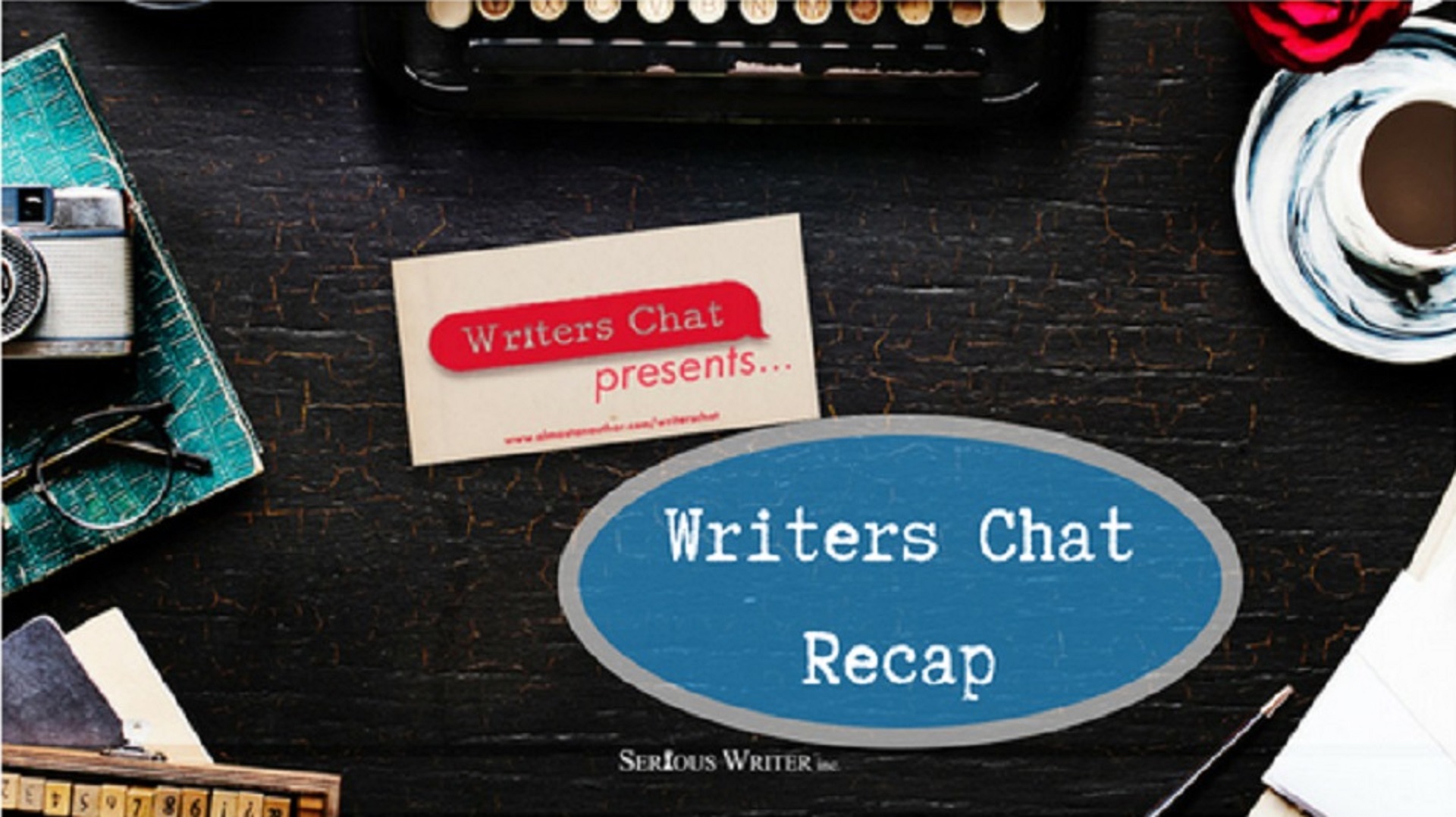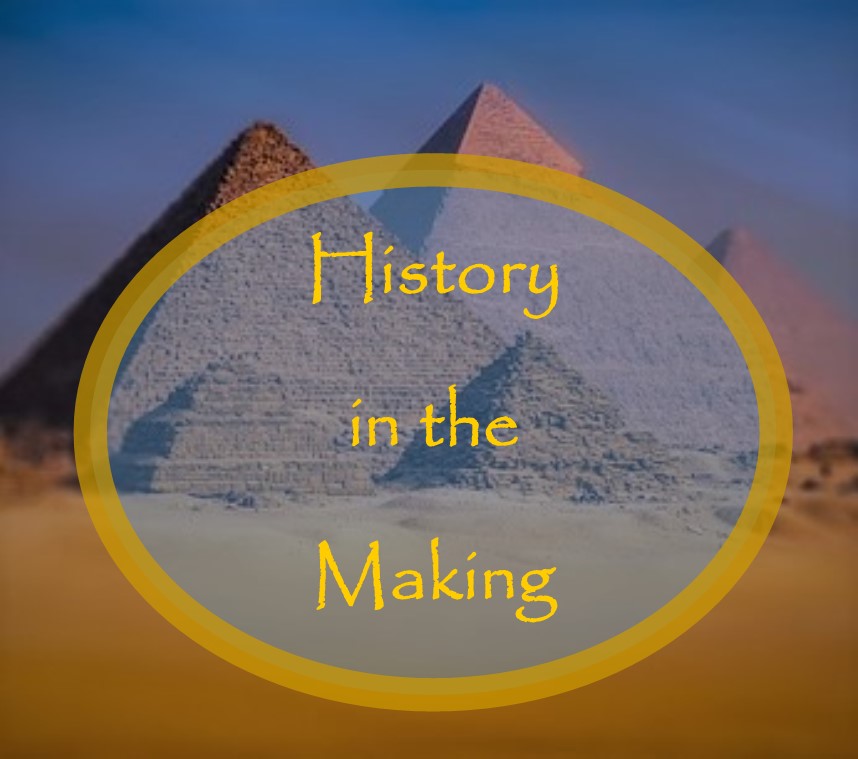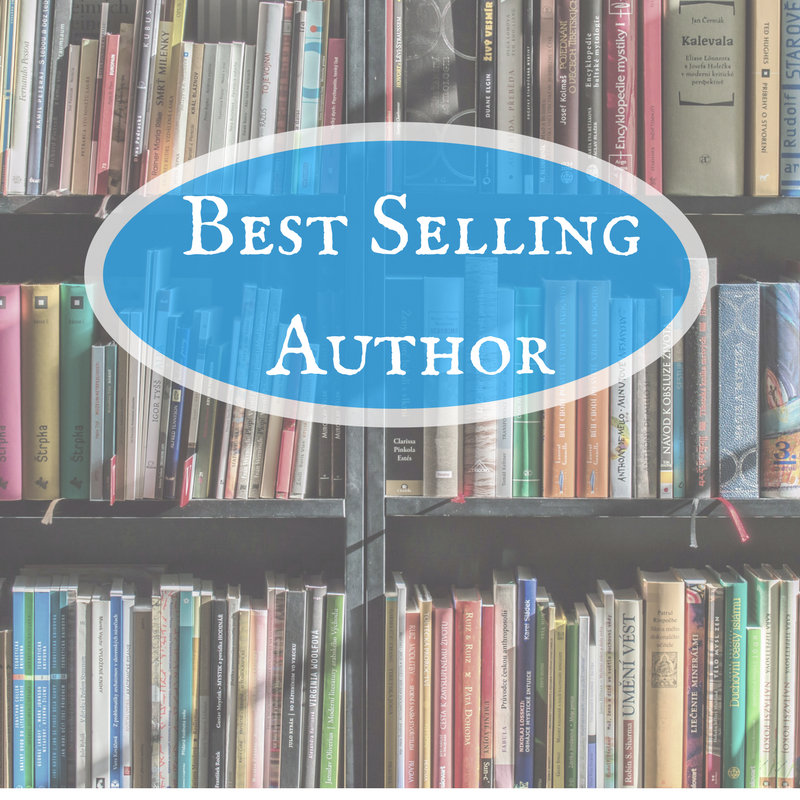
The Comparison Trap: Eight Ways to Avoid It
Sometimes I look at the work of other authors and feel my abilities fall short. It doesn’t matter that…
April 24, 2020
Sometimes I look at the work of other authors and feel my abilities fall short. It doesn’t matter that…
April 24, 2020
The Christian Authors Network’s innovative Crown Awards celebrate excellence in Christian Media and Marketing. Purpose: To recognize, educate, and…
April 18, 2020
Writers Chat, hosted by Jean Wise, Johnnie Alexander, and Bethany Jett, is the show where we talk about all…
April 15, 2020
Almost an Author is pleased to announce the recent release of Border Breach by Mystery/Suspense/Thriller columnist Darlene L. Turner.…
April 14, 2020
We writers understand the power of words. Words can wound or heal. Educate or mislead. Give hope or cause…
April 8, 2020
Almost an Author is pleased to announce an upcoming book by two regular columnists, Carlton Hughes (A Lighter Look…
April 2, 2020
Can you share a little about your recent book? Chasing the White Lion is a mash-up of thieves and…
April 1, 2020
When we analyze eBook self-publishing, we’ll realize that it has several advantages over traditional publishing. You’ll write the book…
March 31, 2020
Writers Chat, hosted by Jean Wise, Johnnie Alexander, and Bethany Jett, is the show where we talk about all…
March 30, 2020
Janice L. Dick is the award-winning author of The Road to Happenstance, the first novel in the Happenstance Chronicles. Janice…
March 26, 2020
When you first start working on a new book, everything feels great. But then somewhere along the way, something…
March 24, 2020
Using inanimate objects as characters can add a powerful, interesting element to your story. I cried when Wilson, a…
March 20, 2020
The Christian Authors Network’s innovative Crown Awards celebrate excellence in Christian Media and Marketing. Purpose: To recognize, educate, and…
March 18, 2020
Writers Chat, hosted by Jean Wise, Johnnie Alexander, and Bethany Jett, is the show where we talk about all…
March 15, 2020
A few days ago Annette’s Embrace the Wait column listed good strategies to prepare for a writers’ conference. Conferences…
March 8, 2020
Writers Chat, hosted by Jean Wise, Johnnie Alexander, and Bethany Jett, is the show where we talk about all…
March 2, 2020
Can you share a little about your recent book? My most recent books include: The Bengal Believer: 40 Who…
March 1, 2020
Lynette Eason has won multiple awards for her heart-stopping romantic suspense novels. In our interview, she talks about her…
February 26, 2020
I remember those days of whining to myself. “But it’s good. Everybody says so, especially all my friends and…
February 25, 2020
As we continue this editing series how we can develop a great story by having all the layers in…
February 22, 2020
Writers Chat, hosted by Jean Wise, Johnnie Alexander, and Bethany Jett, is the show where we talk about all…
February 21, 2020
The Christian Authors Network’s innovative Crown Awards celebrate excellence in Christian Media and Marketing. Purpose: To recognize, educate, and…
February 18, 2020
Like delicious desserts, dialog is often a reader’s favorite part of a story. We quote great dialog for generations.…
February 14, 2020
Last month I talked about how useful critiques are for writers, because they provide important feedback that helps us…
February 8, 2020
Can you share a little about your recent book? I started out wanting to write another Christmas story and…
February 1, 2020